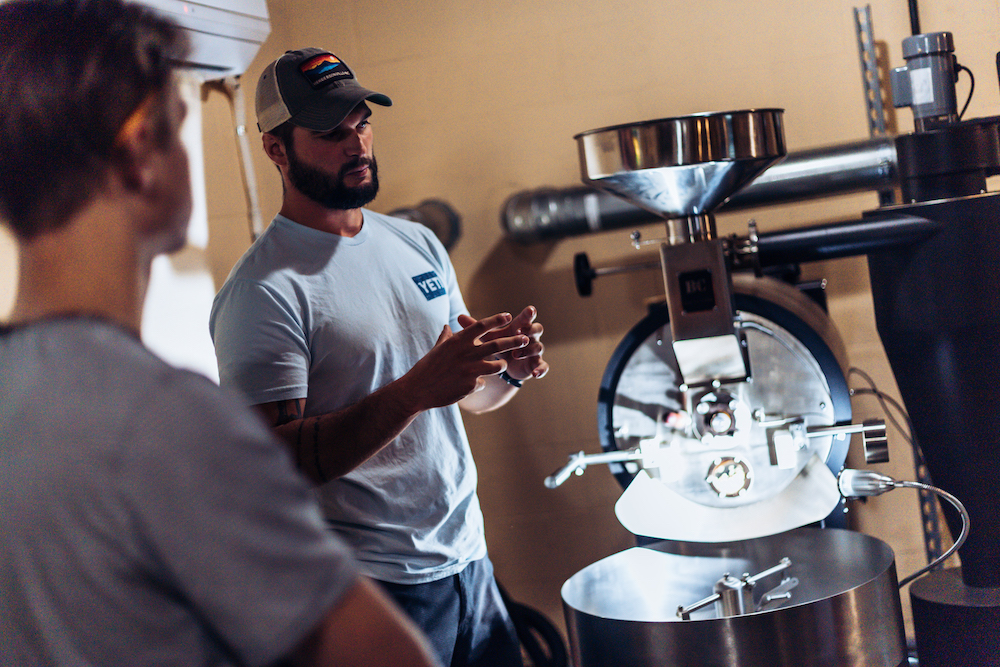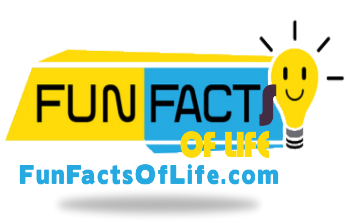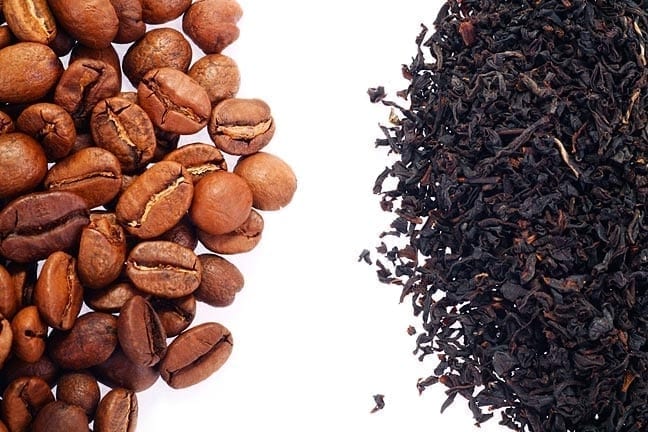If you are currently following a ketogenic diet, also called keto, then you have probably…

Going to School with Zach Pritz of NC’s ShareWell Coffee

Zach Pritz with the Specialty Coffee Association’s Coffee Taster’s Flavor Wheel. All photos courtesy of ShareWell Coffee.
For coffee companies nowadays, a public education program is practically as compulsory as cold brew. Meanwhile, professional training has long been a standard practice for wholesale clients in order to build trust and maintain quality.
Fortunately, most people who truly love coffee also love to share it — not only how it tastes and smells, but how it’s made and where it comes from.
ShareWell Coffee Co-Founder Zach Pritz is an educator both in coffee and in schools. Pritz and his wife Candice Pritz founded the Hendersonville company in 2016 with education as a core component, and recently the company began hosting a series of community coffee classes that have so far seen more than 100 pupils pass through. That program is now expanding into formal professional training in brewing, espresso and roasting.

Pritz is a teacher at Veritas Christian Academy in Fletcher, North Carolina, trained in the Paideia educational approach. He described that philosophy as being rooted in the ancient Greek ideal of education as the process of shaping an entire individual, rather training narrowly for a singular job or place in society.
“It is centered in discussion, and it focuses on cultivating an environment in which each student has an opportunity to discover what is true through their own pursuit, rather than being crammed with information,” Pritz told Daily Coffee News.
Sharewell recently became a partner with the Buckeye Coffee Roasters equipment company, serving as its southeast regional liaison for training and sales, while Pritz’s own roasting experience includes work on machines made by US Roaster Corp, Diedrich and Loring.
“I am a teacher as well as running the coffee business, so education and training are very important to me,” said Pritz. “We intend to keep building this aspect of our business just as much as our roasting.”
Daily Coffee News caught up with Pritz to learn more about the ins and outs of how to start and run an educational program at a coffee company, what to expect and how it integrates with a company’s other operations.
Is there a difference in terms of educational style or process when teaching aspiring professionals vs consumers or hobbyists?
I think there is a difference for sure. While we do aim to make our consumer or hobbyist based classes educational we also focus on making it a fun and memorable experience through our trivia, cupping and energetic presentations. When doing professional-level training we can dig deeper into the core fundamentals through discussion and some lecture and spend the rest of the time with hands-on training.
What topics do you find your coffee students (both beginners and aspiring pros) struggle with the most? Do you find that consumers and professionals struggle in the same areas?
I would say that beginners struggle, in a good way, with the diversity and nuance of specialty coffee. Most of our first-time community class participants have never tasted two coffees side by side to experience the difference in tasting notes from coffee grown in a different country or even region. On the other hand, aspiring professionals seem to struggle with the balance of art, science, and experience required in many areas of specialty coffee. For example, someone can spend years and years reading and researching the science behind coffee roasting and still be a poor coffee roaster if they don’t spend just as much time in front of the roaster and cupping table. In the same way, an exceptional barista is someone who can infuse the science of dialing in espresso and steaming milk with the art of pouring perfect drinks and also smiling and carrying on a conversation with the customer at the same time. Forsaking the focus on art, science or hands-on experience will be detrimental to a coffee professional’s growth.
How much planning goes into each lesson?
This is a difficult question to quantify. Differing personality traits may have various approaches and time-frames when designing lessons. I believe being a teacher or trainer requires a lot of intuition and flexibility. We design our courses with great detail and depth, but we don’t want to be tied to our lessons or notes when teaching, we want to be constantly reading and engaging with our students to ensure if what we are saying is being received or if the students are confused. We reflect and take notes after each class in order to make minor adjustments in our courses.
Do classes constitute another revenue stream for ShareWell?
They absolutely do. Along with ticket sales, it’s another avenue and event to sell bags, merch, and drinks.

How did you go about establishing the pricing for the classes?
For our community classes, we want the consumer to have a reasonable price for their experience. Our price is $15 for an hour-and-a-half experience. We have seltzer to keep the palate cleansed, tasting treats (chocolate/nuts/etc.), complimentary drip coffee and 10% all purchases for our participants.
For professional training, we want our price to be approachable to offer an opportunity for individual coffee professionals who may not be working for a company that can pay for their professional development. Our current price is $300 for a one-day espresso/barista training and $600 for a two-day roasting & production training. More information can be found on our website or I’d be more than happy to answer any questions.
What inspires you most about coffee?
For me, coffee is an opportunity to mesh my passions as an educator and craftsmen. I love the constant pursuit of excellence in roasting, espresso and even simply growing a business. I also love engaging with consumers and trainees through our educational offerings. Coffee is about the people – farmers, producers, roasters, baristas, and trainers.
What troubles you most about coffee?
The lack of knowledge from many coffee consumers I meet on a regular basis. For so long coffee was simply a means to an end: energy. The specialty coffee Industry has been working to re-educate consumers on the truth behind one of the most popular beverages in the world. It’s troubling how many people are still in the dark about the coffee industry, but also hopeful to be a part of something so important. I’d also say from a wholesale perspective, we find a lot of potential wholesale customers who want cheaper prices which is impossible when purchasing truly traceable and ethical coffee. I’ve had many conversations with Dan Ehrlich from Coffee Co-mission about how difficult it is to sell specialty coffee at the price it really needs to be sold to ensure the farmer is receiving enough compensation. We have a long way to go, but I believe education is the key to changing the mentality of consumers, wholesale customers and aspiring coffee professionals.
What would you be doing if it weren’t for coffee?
I would be teaching. Even though I own a coffee business, I don’t consider myself one part teacher and one part business owner. I am an educator through and through. I simply utilize that vocation in two professional capacities and I am blessed to have that opportunity.
Related Reading
Howard Bryman
Howard Bryman is the associate editor of Daily Coffee News by Roast Magazine. He is based in Portland, Oregon.









